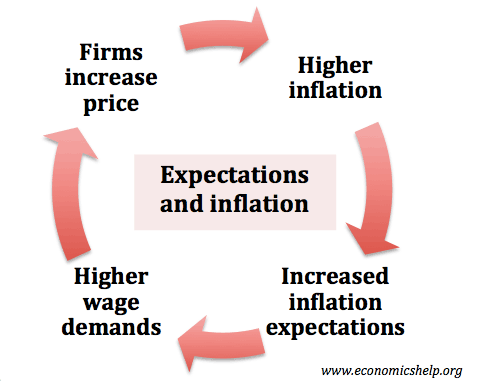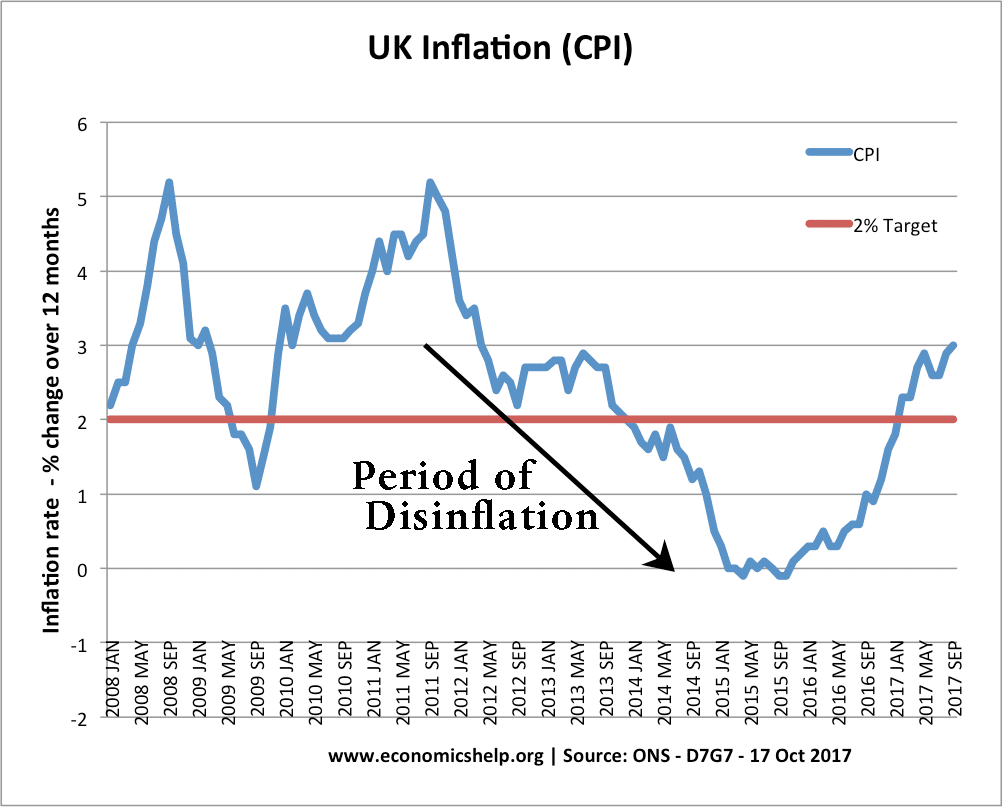Causes of Consumer Spending
Readers Question: What influences consumer spending Consumption is financed primarily out of our income. Therefore real wages will be an important determinant, but consumer spending is also influenced by other factors, such as interest rates, inflation, confidence, saving rates and availability of finance. Interest Rates – Interest Rates influence the cost of borrowing and mortgage …


